10 Masterpieces Considered the Best Books Ever in Literature
Storytelling dates back to the time when our ancestors gathered around a fire and started crafting narratives.
Stories indeed fostered our survival and enabled us to develop viewpoints about religion, politics, law, and everything else we know. Lists are always debatable and inconclusive; however, the following literary works are publicly regarded as literary innovations against the backdrop of their times and as milestones that fashioned literature. So, if you are willing to skim off the best treasures of literature, here are top ten masterpieces that will change your life and refine your personality.
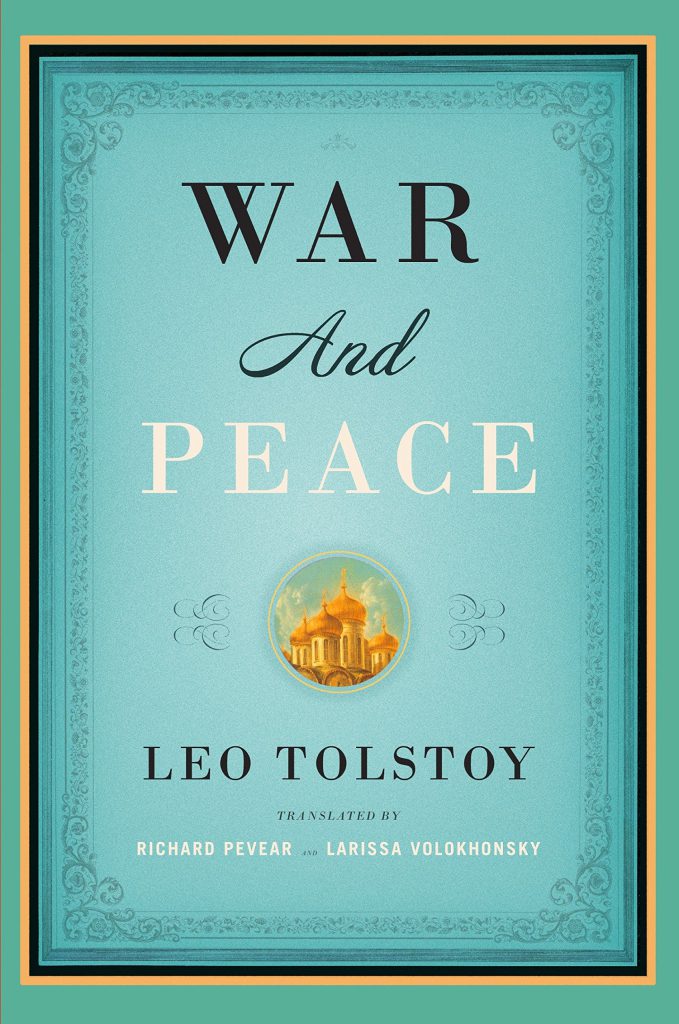
War and Peace by Leo Tolstoy
“If no one fought except on his own conviction, there would be no wars.”
Tolstoy is not precisely Mr Fun Times. After all, he has a reputation for being a tormented pessimist, a diehard consumer of eggs and vegetables, and a novelist fixated on female protagonists with hairy lips! He didn’t write many novels (maybe because of his monk-like lifestyle). However, his 2,200-page War and Peace is frequently depicted as the greatest episodic fiction of all time. War and Peace covers the period of Napoleon’s invasion of Russia in 1805 up to the eventual burning of Moscow in September 1812. It charts the lives of five fictional, aristocratic Russian families — their ascent, and descent. Tolstoy showcases war at its most unglamorous side in a way that curdles the blood. Ernest Hemingway even stated once that it was Tolstoy that taught him how to write about war.
Tolstoy casts a myriad of real historical figures, such as Tsar Alexander and Napoleon, as vigorous competitors in his epic. However, Tolstoy’s epic prizes the run-of-the-mill, declaring that “History is the life of nations and of humanity.” Indeed, it is the fickle chaos of war rather than the decisions of leaders that propel the narrative forwards. The novel revolves around the thoughts of real-life characters, such as Andrei and Pierre— two unfortunate men who grapple with love and fate.
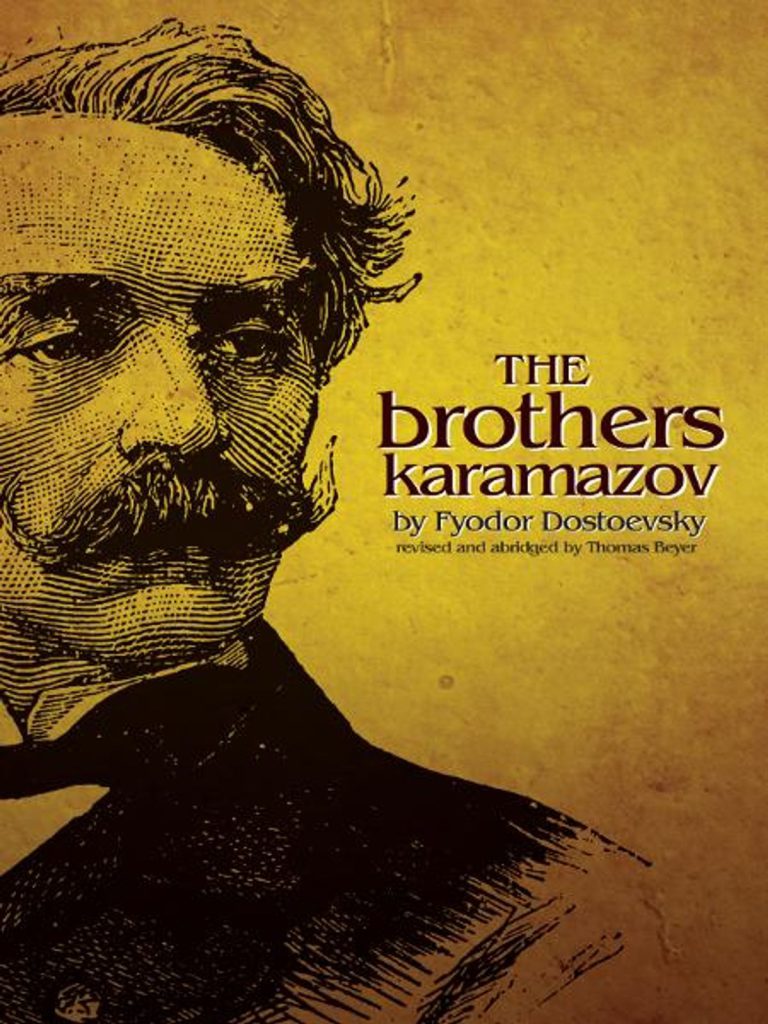
The Brothers Karamazov byFyodor Dostoevsky
“What is hell? I maintain that it is the suffering of being unable to love.”
The Brothers Karamazov is Dostoevsky’s last novel that he finished right before his death— at the peak of his spiritual and literary awareness. The novel unfolds the story of reckless prodigal Fyodor Karamazov and his sons—Dimitri, a pleasure seeker; Ivan, a rationalist and an atheist; Alyosha, a devote Christian; and Smerdyakov, who is depressed all the time and commits suicide (Bad Days).
Fydor’s sons are representatives of humanity, caught between faith, doubt, pleasure, and love. Ivan claims to be an atheist but is tortured by his own disbelief and the idea that, eventually, there may be no meaning to earthly suffering. Apart from existentialism, which is not everybody’s cup of tea, The Brothers Karamazov is a captivating murder mystery in which Dostoevsky enlists his readers to investigate Fyodor’s murder by one of his four sons.

Canon of Sherlock Holmes by Sir Arthur Donan Coyle
“I see no more than you, but I have trained myself to notice what I see.”
Wanna feel an adrenaline rush through your veins while puzzling over enigmas till your nerves jangle? Then, be Sherlock Holmes’ guest! Sherlock Holmes is Britain’s greatest fictional detective of all time; he is a man with extraordinary powers of observation that are enough to loosen a screw in the soundest head. He is also a master of disguise and a sociopath, overwhelmed with an irrational impulse to uncover the truth. The ferocious, idiosyncratic vivacity of Sherlock captures readers again and again, so his well-known catchphrase “The game is a foot”, which sets the mood for every ensuing venture. Besides, if Sherlock’s adventures don’t speak to you, the complicated friendship of Sherlock and Watson remains both humorous and heart-warming and never fails to mesmerize. Sherlock loves to drop his friend in the mid of the battle, which drives Watson up the wall. However, such teasing is the sign of their intimacy and Friendship that never puts the other down.
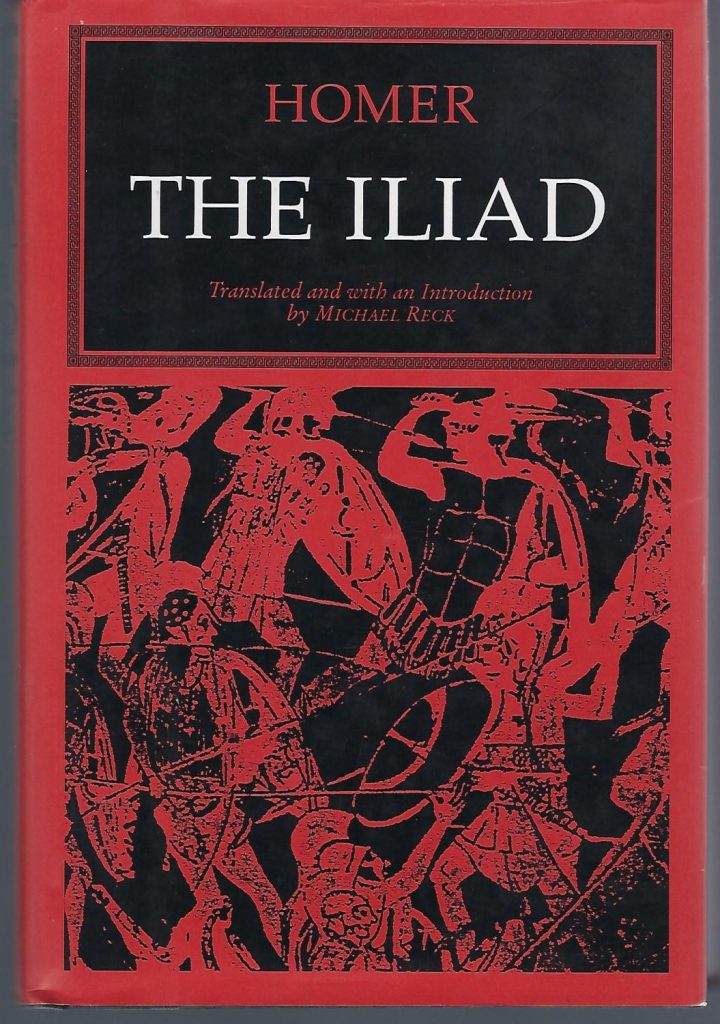
The Iliad by Homer
“Sing, O goddess, the anger of Achilles.”
The Iliad is an Epic that encapsulates both history and mythology. It narrates the tale of the Trojan war from the perspective of Achilles, Greece’s greatest warrior. Although Homer’s readers at the time were fully aware of the story’s ending (The fall of Troy), the story managed to haunt successive generations, for it offers the vital ingredients of a compelling read—engrossing adventure and resonating human tragedy; it is not merely a chronology of war, but also a story of human rage, pride, and honour. The story begins when Zeus requests Paris, the son of King Priam of Troy, to be the judge of a beauty contest between three goddesses— Hera, Athena, and Aphrodite. Aphrodite bribes Paris by offering him the hand of Helen of Troy, a woman of mesmerizing beauty. Troy’s abduction prompts the rampant war. And, yes, she was worth fighting for. The Iliad showcases two opposing nemeses —Achilles and Hector. Achilles is an individualistic warrior who craves manly honour while Hector is a family-minded solider who fights for his community. Such a conflict is indicative of the contrasting values of society and those of the individual. Should politics champion the individual or the society? Should we perceive society as autonomous individuals or as unified groups and entities? These are some of the intriguing questions that The Iliad will leave you with.
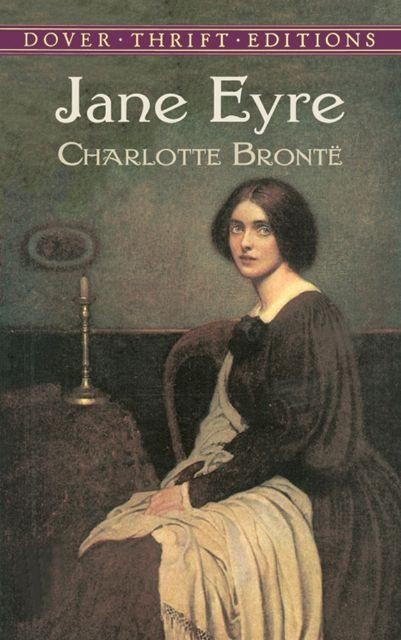
Jane Eyre by Charlotte Bronte
“I am not an angel,’ I asserted; ‘and I will not be one till I die: I will be myself.”
In a society in which women are valued only according to their own beauty and are even forbidden from writing, a plain, radical heroine emerges out to announce that she is “a free human being with an independent will!” Jane Eyre was, without exaggeration, a stark rebellion against the social norms of its time. By throwing shade at her lover, Jane surfaces as the counterpart of the typical ooey-gooey protagonist. Depicted as a “resolute wild free thing”, Jane marks a new era in literary landscape— an era of the intelligent heroine who entertains readers, not by her looks, but by letting their ideas soar.
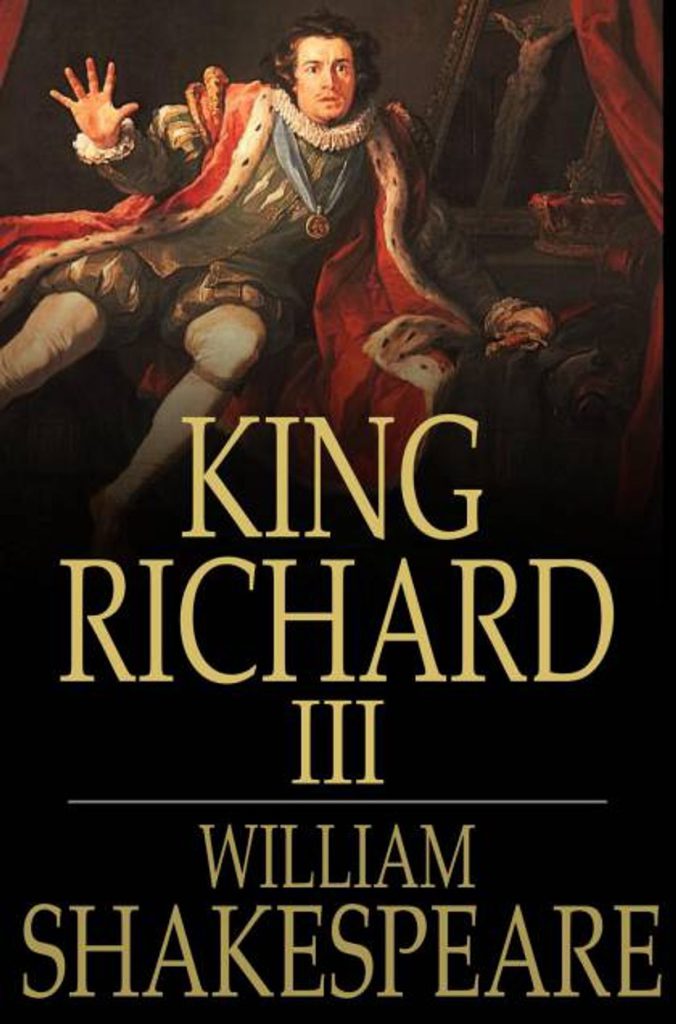
Richard III by William Shakespeare
“And seem a saint, when most I play the devil.”
Richard III is a compelling play about a Machiavel who has a way with words— words that can entice the prey to its own trap. Despite being a historical play, Richard’s persona takes precedence over his history. Readers can always enjoy the read, unmindful of the literal accuracy of historic events. Shakespeare lands a psychological play exploring the question of why people turn evil. Unloved from birth by even his mother, Richard could only make sense of life by loving himself and despising everybody else. Shakespeare capitalizes on Richard’s misfortunate childhood as Richard’s driving force, which evokes considerable sympathy. However, a clear message endures: Although Richard is not to blame for how he was brought up as a child, he is totally responsible for not healing himself as an adult.
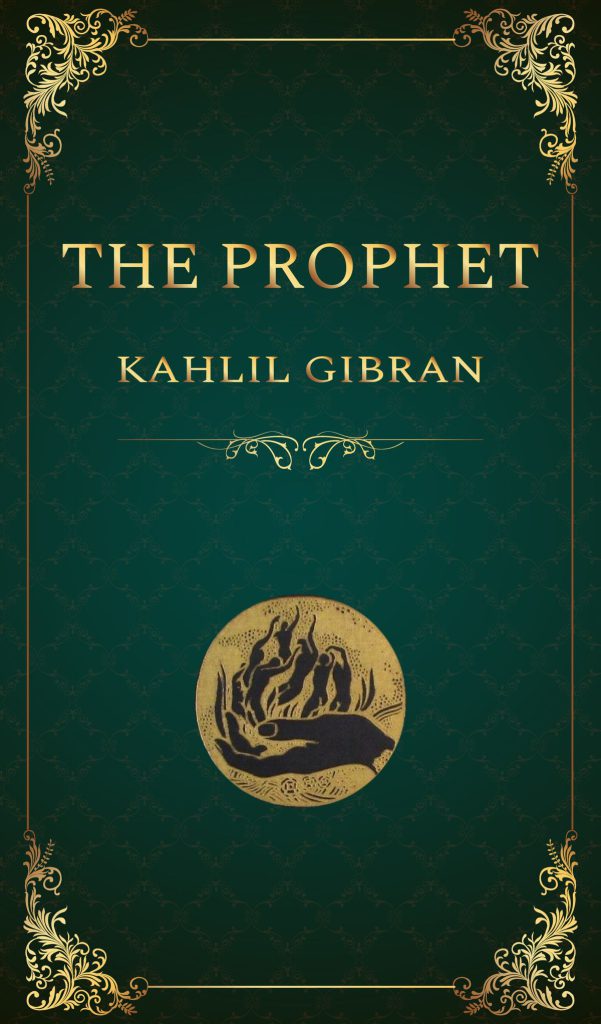
The Prophet by Gibran Khalil Gibran
“And forget not that the earth delights to feel your bare feet and the winds long to play with your hair.”
Lebanese writer Khalil Gibran (1833–1931) was one of the most admired authors who surfaced among Arab intellectuals of all times. In The Prophet, Gibran adopts a style that is akin to that of religious scripture and sermons. However, the tone is far from being preachy or heavy-handed. The book is composed of 26 speeches, delivered by prophet, Al-Mustafa to the people of a city called Orphalese. Such speeches tackle various themes such as, love, mortality, children, and justice. Gibran’s 26 essays are a well-spring of profound wisdom and a portal for uncovering your soul at its core.
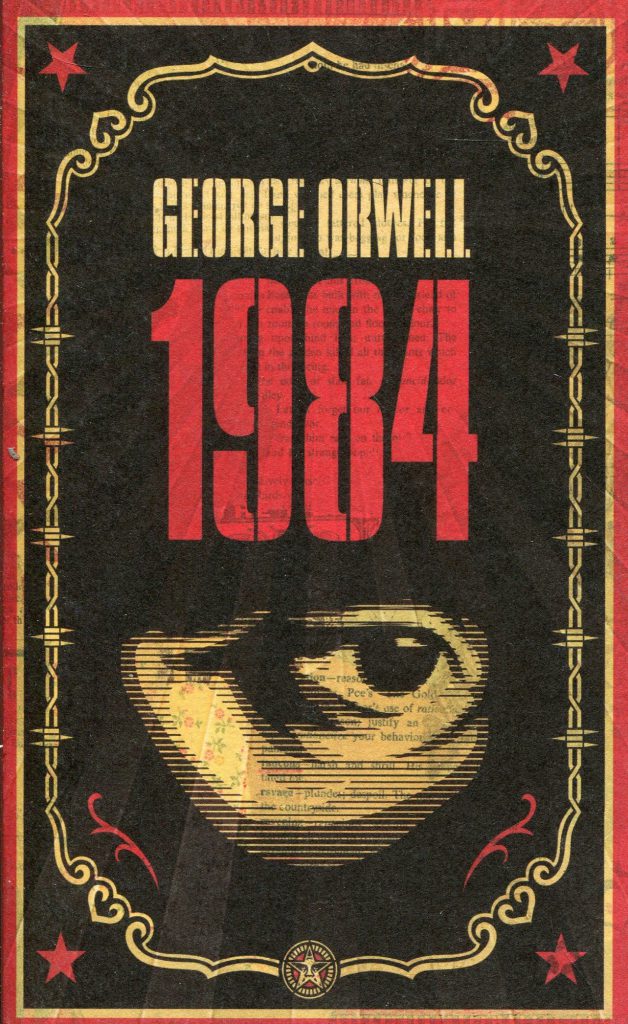
1984 by George Orwell
“BIG BROTHER IS WATCHING YOU!”
George Orwell’s Nineteen Eighty-Four is one of the best dystopias ever written. It depicts the throes of citizens under the rule of a manipulative totalitarian system that distorts the course of history to tighten its political grip. Ironically enough, history is even altered by a ministry called “The ministry of Truth”! In such a dismal dystopia, people are ever accustomed to believing whatever Truths the Ministry says, even when declaring that “two plus two equals five!”William Smith, who works in the Truth Ministry, decides to take such a repressive system by a storm by recording the country’s authentic history in his diary. William stars as a warrior, heedless of facing the most appalling crime in law— the crime of self-expression. An interesting note by Orwell reveals that Orwell was himself under government surveillance while he was writing 1984 criticizing government surveillance.
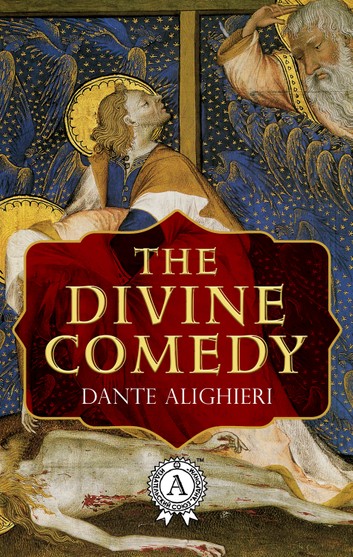
The Divine Comedy by Dante Alighieri
“The devil is not as black as he is painted.”
Dante is inviting you to embark with him on an arduous journey to Hell! Think this might not be a good idea? Well, in this lengthy allegory, Dante decides to send his reader to hell, yet another journey towards Heaven ensues. It is a journey from anguish to joy that will make you feel chuffed to bits, for there is no greater joy than the joy of a man who is rescued after utter despair. Dante employs this underworld journey mainly to epitomize his personal search for meaning and to reflect on the power-conflict between the church and the state.

Les Misérables by Victor Hugo
“It is the music of a people who will not be slaves again.”
The story of Les Misérables hinges on Jean Valjean, a man released after spending 19 years in prison for stealing a loaf of bread! Yet, Hugo’s aim was not only to write a heart-wringing story that triggers social change although he was a pioneer of such. His motivation was to write a novel that “creates hell on earth” and offers Revolution as the only means for society to ascend back to its heights. Hugo’s story moves back and forth between the revolution at the barricades and the panoramic stories of the protagonists, which gives readers an edge over the calamity of the existing tragedies.

